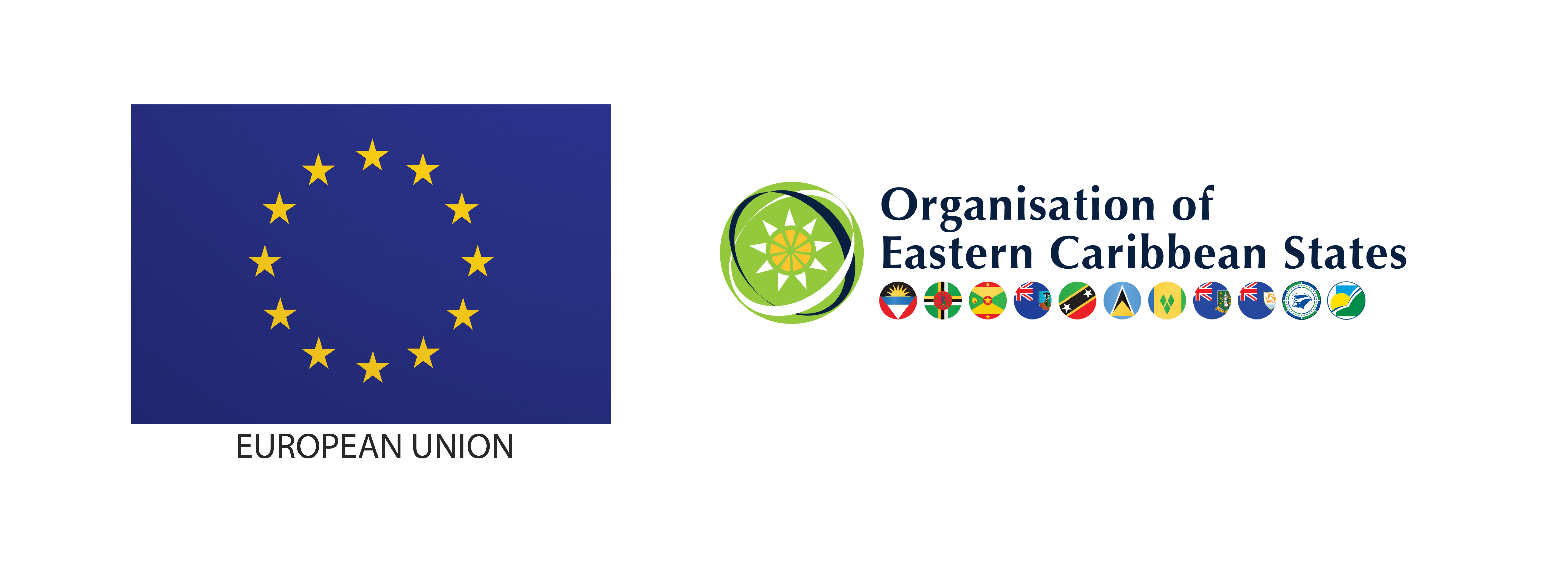OECS and EU Launch the RIGHT Programme!
OECS Media Release
The Organisation of Eastern Caribbean States (OECS), in collaboration with the European Union (EU) launched the OECS 11th European Development Fund (EDF) Programme for Regional Integration Through Growth, Harmonisation and Technology (RIGHT).
The virtual ceremony on Wednesday December 9, 2020 unveiled the components of RIGHT which are designed to foster economic growth and deepen integration in the OECS. The 52-month programme was designed to advance trade integration, regulatory convergence and policy harmonisation in the OECS Economic Union. It is also expected to build resilience and economic competitiveness across the region.
Dr. Didiacus Jules, Director General of the OECS, in his featured address said
“We, the people of the OECS region, express our gratitude to the European Union for being a major contributor to the growth and advancement of the OECS over the years. The 11th EDF RIGHT programme will ensure a cohesive economic space, strong enough to circumvent the challenges brought on by the COVID-19 pandemic.”
Specifically, the RIGHT programme will strengthen the architecture and operations of the Eastern Caribbean Economic Union (ECEU) for enhanced efficiency and effectiveness of the integration process among Protocol Member States; promote climate resilient economies; enable greater prospects for economic inclusion and sustainable growth and development; and provide the platform for effectively responding to the COVID-19 challenges. These specific objectives will be accomplished through the implementation of a number of strategically designed interventions and initiatives that fall under five (5) components of the Programme. These components are further subsumed under two Key Result Areas:
-
OECS Integration Regime advanced through improved implementation of the OECS Economic Union
-
Resilience and competitiveness enhanced through sustainable community development
Component one (1) ensures full participation of all countries in the economic space and enhances Member States’ capacity to effectively respond to the COVID-19 pandemic. The specific initiatives also promote a hassle-free environment for cross border movement of goods, services and people. The second component focuses on the enhancement of ICT infrastructure and systems for improved efficiency and knowledge management, with specific focus on data dissemination and visualization. This initiative is expected to promote informed-decision making by making data available worldwide through a web-based data dissemination platform. The initiatives associated with this key area will also ensure the creation of a repository of information that is essential to facilitate the efficient and effective movement of the factors of production.
The expected outcome of the third component will promote functional cooperation - one of the main principles of the Revised Treaty of Basseterre. This will be undertaken through the strengthening of socio-economic, linguistic and cultural linkages with the OECS’ Associate Member States and Observers, Bi-lateral trade partners, development partners and donor agencies as well as the wider international community. The fourth component is geared toward facilitating a climate resilient economy by cultivating a competitive environment in the areas of Trade and Tourism. The last component provides initiatives to strengthen capacity across the Economic Union and create an environment that ensures sustainable economic development and planning. Initiatives under this key result area will also allow effective participation of the private sector in the development and integration process.
European Union Ambassador to Barbados, the OECS Countries, CARICOM/CARIFORUM and the OECS, Mrs. Malgorzata Wasilewska said
“Despite your successes of the past, we both recognise that there are still areas that require consolidation and others that require imagination. We therefore see this programme, along with other EU funded initiatives in the area of trade and climate action, as taking you further on that final kilometer on your path towards an integrated Eastern Caribbean region”.
Because of the broad scope of the RIGHT programme, all countries and sectors in the Economic Union space will reap great benefits. The support will bolster growth as the small islands recover from the COVID-19 pandemic. The OECS expresses its gratitude to the European Union for this collaboration and looks forward to advancing all initiatives for a more resilient Economic Union.


.png)